Let’s Talk About Adult ADHD
When I went through grad school, ADHD wasn’t something I had my sights set on to work with or specialize in. At the time I was under the biased and flawed perception that it was a disorder mostly seen and worked with in kids. As time went on in my practice I realized that there were patterns I was noticing in some of my clients regarding motivationthat didn’t seem to fit the traditional Major Depression diagnosis, and my desire to get educated and understand ADHD grew.This seemed to happen around the same time that a major focus on social media platforms was that many adults were in fact still dealing with ADHD outside of their childhood, and some were only just getting diagnosed in adulthood. I’m now an ADHD Certified Clinical Services Provider and am hooked on delving more into this vast diagnosis so that client’s can begin to feel that they can manage their life and live up to their potential. So let’s talk about it.
Understanding ADHD in Adults
Attention Deficit Hyperactivity Disorder (ADHD) is often associated with children, but it can persist into adulthood and present unique challenges. Adults with ADHD may struggle with organization, time management, and focus, impacting various aspects of their lives. A later in life diagnosis can also impact self-esteem and self-understanding, and can evoke feelings of sadness, confusion, and frustration as one begin’s to reflect on their life experience. A diagnosis can also bring freedom and relief, and allow for appropriate steps to be taken so that symptoms can be managed.
Recognizing Symptoms
ADHD can present in a few different ways: primarily inattentive presentation, primarily hyperactive-impulsive presentation, or a combined presentation. Levels of symptom severity can also vary. While symptoms of ADHD can differ, common signs in adults include:
Difficulty starting or following through on tasks
Forgetfulness in daily activities
Impulsivity
Poor time management
Difficulty with organization
Trouble focusing on one task
Extreme Restlessness
Feeling like you’re driven by a motor
Treatment and Coping Strategies
Though there is no cure for ADHD, treatments like medication, behavioral management techniques/coaching, and mental health therapy can be effective tools for managing symptoms. Coping with ADHD as an adult involves developing strategies tailored to individual needs. Some approaches may include:behavioral management techniques/coaching, and mental health therapy
Creating a structured routine
Time management skills
Using tools like calendars and reminders
Breaking tasks into smaller steps
Setting realistic goals and expectations
Seeking support from loved ones, a therapist, and medical professionals
Approached may also include reframing negative beliefs about the self that have formed one the lifetime. Especially in the case of later in life diagnosis, individuals may have come to believe they are “lazy,” “unintelligent,” like something is “wrong with them,'“ or may feel sadness and frustration about feeling limited in their potential. Treatment can involve processing emotions and creating a new perspective to increase confidence and self-esteem.
Embracing Strengths
While ADHD presents challenges, many adults also possess unique strengths associated with the condition. These may include creativity, problem-solving skills, and hyperfocus on tasks of interest. It takes an out-of-the-box thinker to get around the mental blocks that ADHD can present. The ingenuity and resilience used to find ways to work with ADHD instead of against it are strengths that can be used in all areas of life. Embracing these strengths can lead to personal growth and success.
Moving Forward
Being diagnosed later in life with ADHD can bring a mix of emotions and reflections. For many, it can offer a new perspective on experiences that previously seemed inexplicable. Realizing that struggles with focus, organization, and impulsivity were not simply due to personal shortcomings can be both liberating and unsettling. While it can explain past challenges, it also opens up opportunities for understanding oneself in a new light and seeking appropriate support. Moving forward with this knowledge can bring a sense of relief and a pathway to managing symptoms effectively.
If you resonate with this and are looking for info on starting therapy, reach out to set up a free consultation call!
Tina Leboffe, MA, LPC, NCC, CCATP, ADHD-CCSP
*Please note that this blog is for your information only and does not constitute clinical advice or establish a client-counselor relationship.


